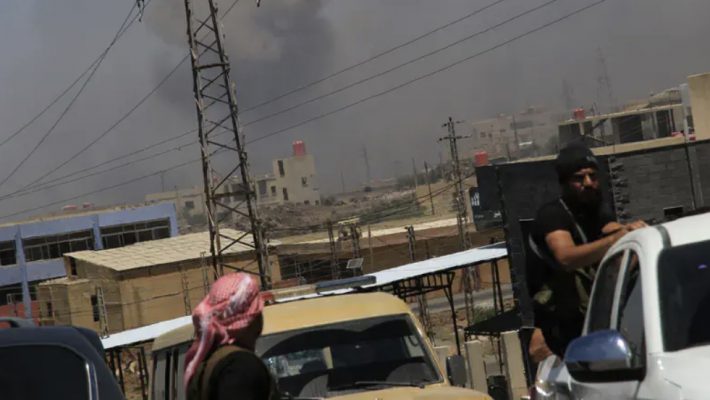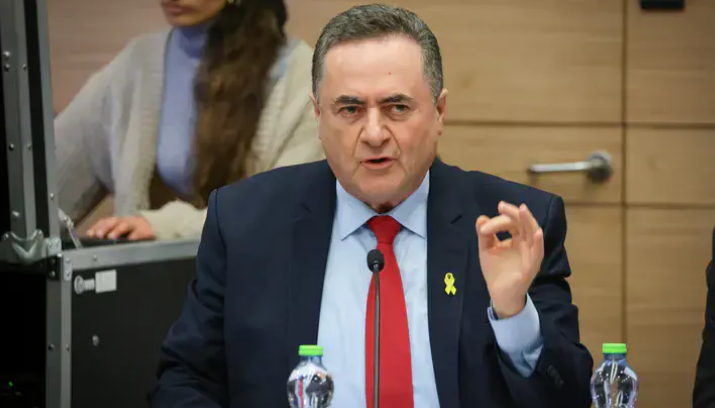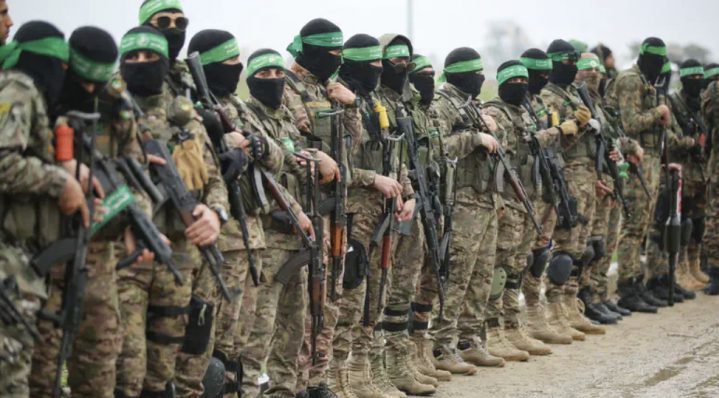Israeli military operations in Damascus have disrupted ongoing OPCW efforts to inspect and dismantle Syria’s remaining chemical weapons, according to a Syrian government adviser.
Damascus / The Hague —
Recent Israeli airstrikes in the Syrian capital of Damascus have postponed critical international inspections aimed at locating and dismantling chemical weapons stockpiles from the era of former President Bashar al-Assad, a Syrian government adviser told Reuters.
The strikes, which took place on Wednesday, reportedly caused damage to key infrastructure, including a section of the Syrian Defense Ministry and areas near the presidential palace. Israel has said the action was necessary to protect the Druze minority in southern Syria.
According to Ibrahim Olabi, legal adviser to Syria’s Foreign Ministry on chemical weapons issues, the Organization for the Prohibition of Chemical Weapons (OPCW) had been scheduled to carry out an inspection this week, which has now been delayed indefinitely due to security concerns following the bombardments.
“The Defense Ministry provides the institutional framework needed to coordinate and ensure the security of OPCW visits,” Olabi explained. “Damage to this infrastructure has made the scheduled inspection impossible at this time.”
The OPCW, based in The Hague, did not immediately respond to requests for comment. However, in light of recent events, the organization is expected to convene an emergency meeting on Tuesday to address the situation and reassess operational safety.
Syria has recently recommitted to the elimination of chemical weapons. In March, Foreign Minister Asaad Hassan al-Shibani declared that the Syrian government would fully cooperate with international efforts to identify and destroy any undisclosed chemical weapons facilities. Since then, OPCW teams have visited several previously unknown sites, part of a renewed effort to bring Syria into compliance with the 1997 Chemical Weapons Convention.
Syria formally joined the Chemical Weapons Convention in 2013, following a deadly sarin gas attack in Ghouta, a suburb of Damascus, which killed hundreds and drew international condemnation. The deal, brokered by the United States and Russia, compelled Syria to declare and dismantle its chemical arsenal under OPCW supervision.
Despite these commitments, skepticism persists. The OPCW’s fact-finding mission, launched in 2014, has investigated 74 incidents involving alleged chemical weapons use in Syria. In 20 of those, investigators concluded that chemical weapons were used or likely used. A landmark 2023 report found that the Syrian Air Force had dropped chlorine gas cylinders during a 2018 attack on the town of Douma, killing 43 civilians.
The Assad government has consistently denied any involvement in chemical attacks, dismissing OPCW findings as fabrications.
The latest postponement adds to growing concerns that renewed conflict and foreign intervention may obstruct accountability and transparency in Syria’s lingering chemical weapons legacy.





